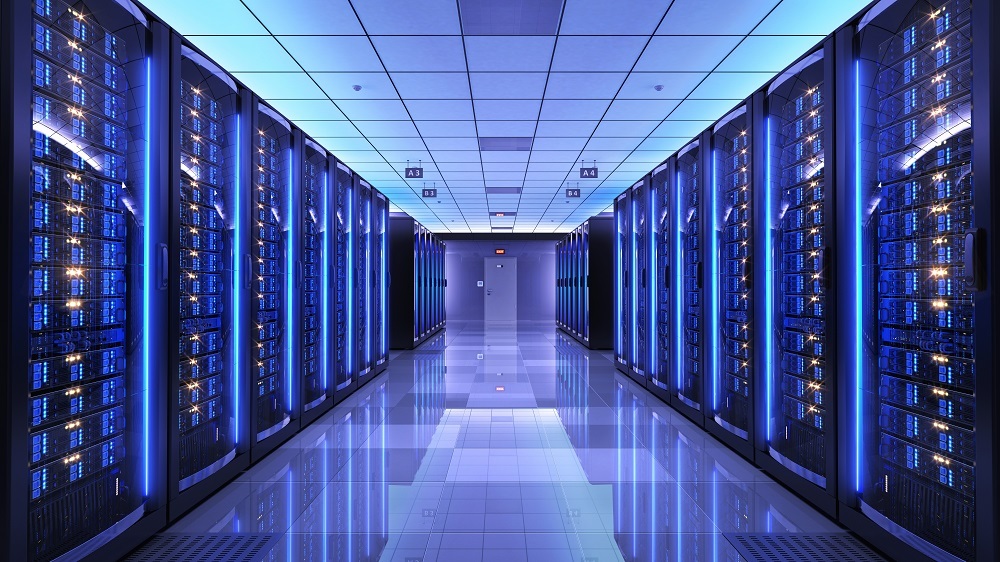Table of Contents
Desktop vs Server
Desktop and Server are both computers and in many cases use the same hardware. But what distinguishes the two apart? What they are used for.
Desktops are normally used for a few hours at a time with varying workloads. Servers on the other hand are typically built to run 24 hours a day 365 days a year and sometimes at 100% load. Desktops will normally run a standard operating system with a GUI (graphical user interface) like Windows 10 or Linux Mint. Where servers will often run operating systems without a GUI and will be remotely managed.
Servers, Why are they so Loud?!?!
Something to consider when looking into configuring a server is where this server is going to reside. Servers are traditionally built into rack-mount chassis that are going to be mounted in racks that are in a soundproof, air conditioned room. This allows for much better cooling and means the tremendous noise servers typically produce won't bother anyone. The down side is that servers are much louder than your normal desktop. This is due to smaller, high volume fans. This can mean servers are as quiet as a household box fan on high, or as loud as a leaf blower; it simply depends on the hardware configuration.
Now it is possible to build a "quiet" server however this will limit the amount and power or hardware you can put in the systems. Building a quiet server would prevent high end powerful CPUs and Graphics Cards from being installed and would therefore limit the function and capability of your new server. The servers we build focus heavily on high end and powerful CPUs/GPUs so are understandably noisy, by design.
Server OS & Why You Want It
When configuring a server, picking your operating system is pretty important. What operating system you pick can depend on what platform you're familiar with and what task the server is going to be performing. Staying with a proper server operating system can mitigate problems seen in desktop operating systems. Being able to control system updates and have a strong built-in firewall are just two of the many benefits.
Microsoft Windows Server
In a lot of cases Microsoft Windows Server is a perfect choice. The look and feel is a lot like Windows 7 but with dramatically more under the hood. Windows Server can act as an all-in-one handling a tremendous number of different tasks. Running tasks such as:
- Virtual Machines
- File Server
- Active Directory
- Mail Server
Just to name a few.
Linux Ubuntu Server
There are a lot of System Administrators out there that say the only way to run a server is in Linux. It has a very lite back end not taking up a lot of system resources. BUT, this comes with two huge side effects.
1. there isn't a GUI unless you manually install one. So access to the system will require knowledge of the terminal.
2. All services must be installed and manually configured before you get started.
We have a vast selection of Linux based articles to help familiarize yourself with the Operating System. Check them out here
Conclusion
Servers are generally loud, hot and require extra knowledge to work with but can be a huge asset to a business. They are typically extremely reliable, running 24/7 for most of their life with zero or at least minimal interruption. They can perform tasks that most desktops aren't configured to handle and require very little imbalance to keep running. Puget Systems builds Servers designed to manage your workflow environments, under maximum load and without interruption, for extended periods of time. This means the systems we design provide tremendous horsepower but also produce a significant amount of noise and that should be a major consideration during configuration.
Puget Systems offers a range of powerful and reliable systems that are tailor-made for your unique workflow.

